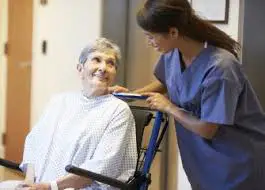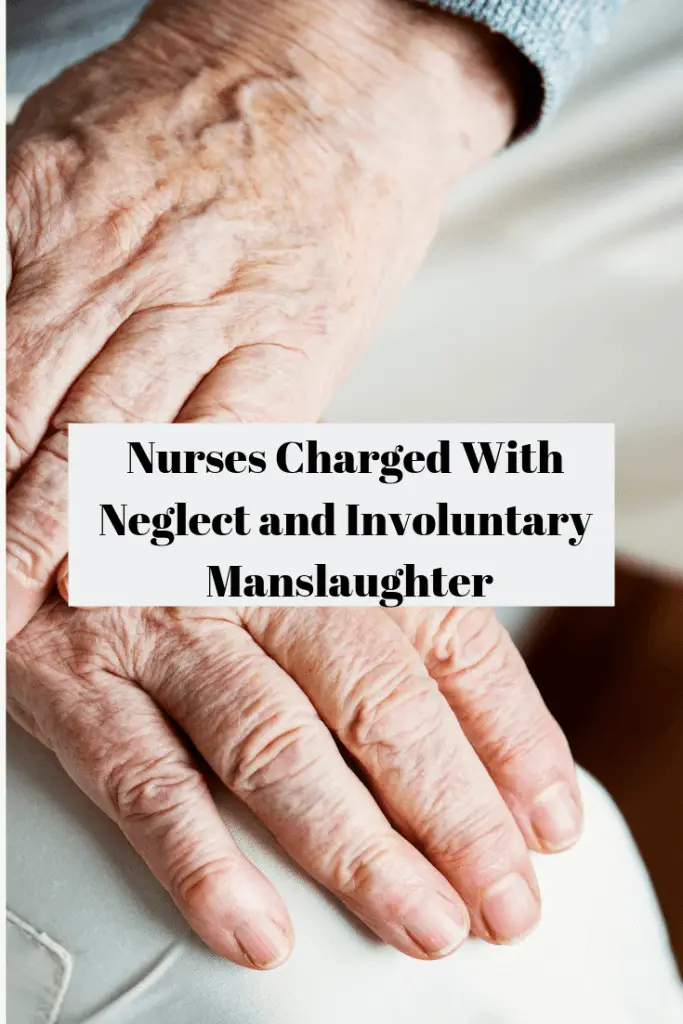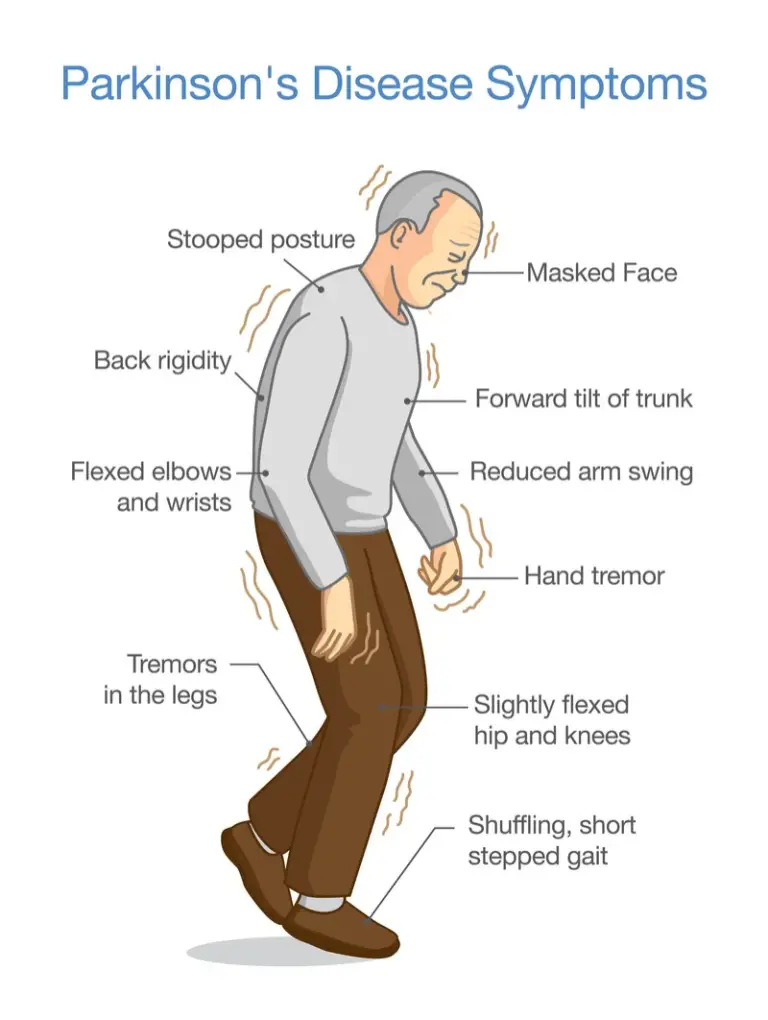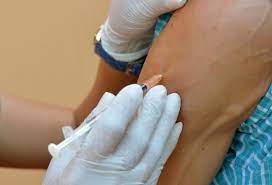Nurses Charged in Nursing Home Patients Death

Nursing is an ethical and moral profession. The public recognizes this fact. In fact, for the 17th year in a row, nurses have been voted the most ethical profession. This honor is no accident because nurses keep you alive. Therefore, it was heartbreaking to hear that six nurses have been charged with patient neglect and involuntary manslaughter because patients who developed wounds did not get proper care.
Background of the Incidents At Whetstone Gardens and Care Center Where Nurses Have Been Charged
The allegations involved two patients. The first patient was a resident of the Whetstone Gardens and Care Center in Columbus, Ohio. Although the patient did not die, the patient suffered harm as a result of patient neglect. On this particular patient, the nurses were charged with falsifying records because the nurses were documenting on the patient, and he was not in the facility.
The second patient developed wounds that progressed to gangrenous and necrotic tissues. The nurses are accused of “not taking the patient to the hospital in time”. This patient died from septic shock as a result of the wounds.
According to Attorney General Yost, the patient “rotting to death”. The nurses are charged with 34 counts of involuntary manslaughter and patient neglect.
Nursing Staff at Ohio Whetstone Charged With Involuntary Manslaughter
Three employees from Whetstone Gardens and Care Center, an Ohio nursing home has been indicted by a grand jury. The nurses were indicted by a grand jury on February 13, 2019. One of the patients died from septic shock. The charges were involuntary manslaughter, gross patient neglect, and patient neglect for failing to provide medical treatment to a patient.
The Assistant Director of Nursing, a staff nurse, a contracted nurse practitioner were all charged. The incident happened in 2017. According to the Attorney General, the nurses failed
The Nurses Let the Patient “Rot to Death”
Although I am a nurse, I am not going to be impartial. As far as the first patient who the nurses were accused of falsifying records, there is no excuse for that. These nurses should be disciplined.
However, for the second patient, the headline is pure “sensationalism”. First of all, there are a number of assumptions that the Attorney General made:
- For the most part, the nursing profession is physician directed. If there is a change in the patient’s’ status, the nurse is required to notify the physician.
- In order for a patient to “rot to death”, the wounds had to have been going on for a while. Wounds progress in stages.
- Unless a patient has a cardiac arrest or the patient is in obvious distress, the doctors or other healthcare providers are responsible for sending the patient to the hospital.
Why Do Patients Develop Pressure Sores?
There are a plethora of reasons why patients develop pressure wounds. The most common reason is the patient is not being turned and repositioned. However, this is not the only reason that patients develop pressure sores. Some of the other reasons are:
- Malnutrition– Malnutrition will cause pressure ulcers because good healthy tissue needs vitamins, minerals, and especially protein. When there is a lack of protein, the skin tends to get “dry and wrinkled”. Also, the lack of protein causes swelling of the tissues. When the tissue is swollen, there is a greater chance of tissue breakdown.
- Weight loss– People who lose weight are also susceptible to pressure wounds because there’s less fat (padding) to the bony prominence.
- Moist Skin- If the patient is incontinent, especially an elderly patient, there is a greater chance that the person can have a pressure sore because an elderly person skin is very friable with little elasticity.
Tips to Prevent Pressure Sores or Wounds
The following tips can help to prevent pressure sores:
Relieving direct pressure
- change position and keep moving as much as possible
- stand up to relieve pressure if you can
- ask your carer to reposition you regularly if you can’t move
- change position at least every 2 hours
- use special pressure relieving mattresses and cushions
- don’t drag your heels or elbows when moving in your bed or chair
Skincare
- keep your skin clean and dry
- avoid scented soaps as they can be more drying
- moisturize your skin thoroughly after washing
- avoid using talcum powder as this dries the skin’s natural oils
- keep your skin well moisturized
General tips
- make sure the bed sheets are smooth and not wrinkled when you are lying in bed
- sheets should be cotton or silk-like fabric
- eat a well-balanced diet
- have at least 2 liters of fluid a day
- tell your doctor or nurse if you notice any skin changes or discomfort as soon as possible
Nurse Musings
As you know, I have been a nurse for close to 30 years. I have worked in a variety of settings that includes critical care, long term care, home health care, and various departments in hospitals.
Nurses are an important part of the health care team. In fact, I would go on to say that they are the most important because they are with the patient 24 hours a day, 7 days a week. Nurses talk to patients and families, nurses are patients advocates, and nurses talk to doctors when the patient is unable to.
That being said, this case is disappointing. However, I do not know enough about the case to make an informed opinion. I will say that the patient was failed by the system. We are at a critical junction in healthcare in this country. There is a major nursing shortage that is crippling this country.
It is estimated that this country will need an additional 3 million nurses in the next 10-15 years. I call on healthcare organizations along with government entities to get involved in solving this issue.
Related Articles
Whol medical abbreviation
Nursing diagnosis for heart failure
Best transport chair
What is tko in medical terms?
Nursing diagnosis for amyotrophic lateral sclerosis
What is your opinion on this case? Leave a comment below.

Phyllis Robinson MSN, RN is a Registered Nurse of 27 years. Phyllis is passionate about the prevention and healing of heart disease using traditional and alternative methods. She has experience in emergency room, telemetry, infusion, and critical care. Phyllis currently practices in an intensive care unit.








